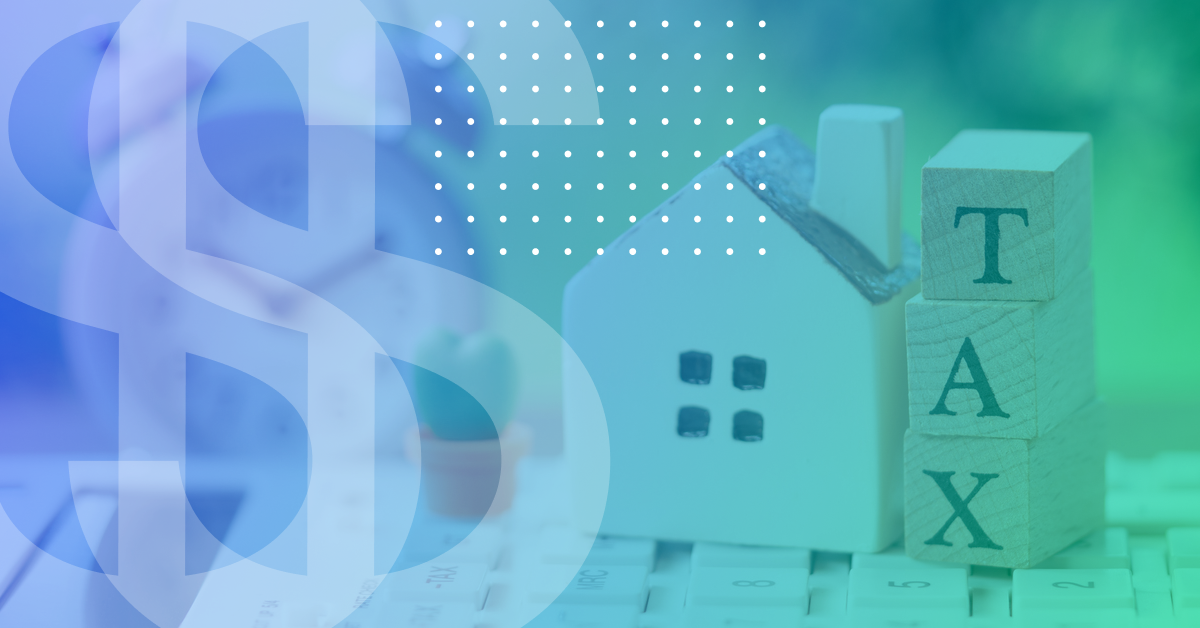Capitalising a business entails setting up your expenditures as business assets or trading stock rather than treating them as expenses. The point is delaying the full recognition of the expense in your annual tax return. Businesses benefit from this practice because they are acquiring new assets which they will be able to write off gradually, or they can depreciate the cost. Capitalising property development costs is possible and a terrific way to save money. In fact, the expenses which do qualify for capitalisation must be capitalised rather than written off through the income statement.
What Are Capital Costs in Property Development?
According to the Australian Accounting Standards Board, you can capitalise a range of costs and hold them on a balance sheet rather than marking them as expenses on your income statement. To do this, however, these expenses must ultimately result in future assets which will be able to generate income for your company. The time and finance needed to generate the asset must be calculated through reliable methods, and these costs must be separated from costs incurred maintaining other assets and the day to day running of your business.
Examples of Capital Costs in Property Development
In property development, your expenses differ from those of other businesses. So which costs can you capitalise? As per the Australian Accounting Standards, you can capitalise property, plant, and equipment. In addition, expenses related to the construction of a building, payroll, overheads, and intangible assets such as project management and design fees can be capitalised as part of the asset’s cost. All these costs must have been incurred to develop an asset (the property) which will be used in the future to generate income.
What Are the Benefits of Capitalising Property Development Costs?
Long-term assets tend to be costly, but by capitalising them, you can declare the expense over future periods to reduce significant fluctuations in income. You will also increase your asset balance without affecting your business’s liabilities.
By capitalising your costs, you will gain more revenue through the creation of an asset. You will save money through gained intellectual property, which will save your business money in future property development projects. The money you will have spent on developing a property will bring financial reward in the future, rather than if you simply bought the existing property and sold it at market value.
Which Costs Have to Remain as Expenses?
Knowing which costs cannot be capitalised–to ensure you don’t get ahead of yourself–is essential. For example, the cost of research for a project of which you do not yet know the feasibility cannot be capitalised. Your company must intend to complete the project and sell or lease the property afterwards to capitalise it. Capitalisation also requires you to have the skills, knowledge, and resources necessary to complete the project and show that the project is likely to generate income.
Capitalisation of costs is just one step you need to take when developing a property. Before you go ahead and start incurring costs, conduct a feasibility study to ensure that when it comes to it, your project meets the criteria, and you can capitalise your costs. With Archistar software, you can pull a feasibility report on your intended site and find out early on whether you should continue with the project and if you can capitalise your property development costs.

